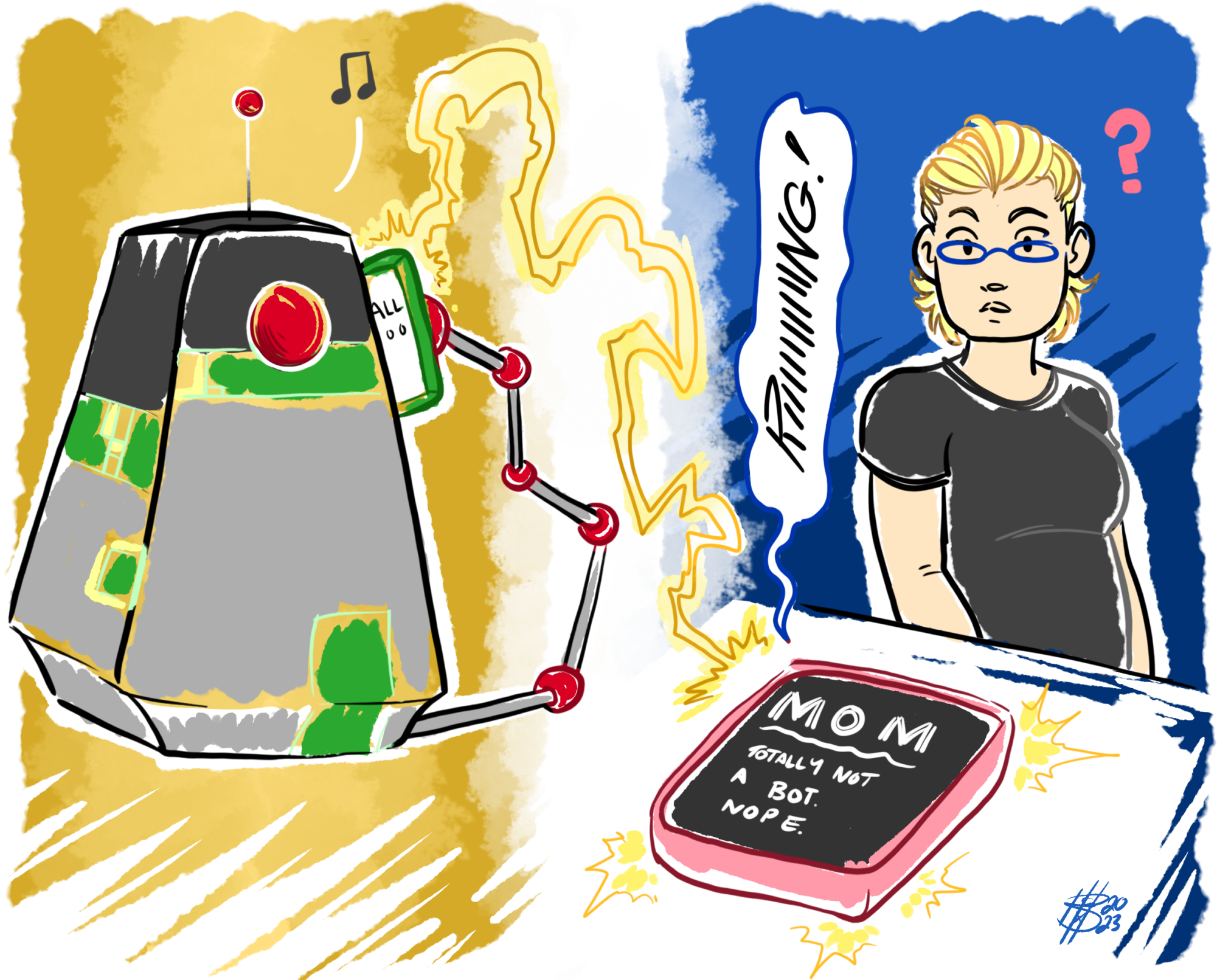Phone scammers targeted the father of Oregon State University football player Jake Overman while the two were on break in Orange County, California in June.
Gary Overman, the father, said the scammers pretended to be with campus police calling from Corvallis and demanded hundreds of dollars to release his son, whom they said they had detained for drunk and disorderly conduct.
Overman said the call woke him at 3 a.m. “I really had to digest what was happening. What the guy said, it sounded very legit. There was background noise that sounded like a police station. But my son was not in Corvallis.”
“I played along just to see what the call was about and what was going on,” Overman said. “Of course, he was just trying to get money out of me.”
The scammer gave up before Overman could get the police on the line. “He realized I was onto him,” said Overman.
An article by KGW said that according to OSU officials, five football player families were targeted by scammers, and one made a payment.
Phishing scams like the ones targeting these families often rely on the victim’s loved one being away from them and often use background recordings to enhance their realism, but most recently, these scammers have begun using artificial intelligence.
Beyond just playing realistic recordings in the background, they can manufacture voices that sound just like the person they claim to have. An ABC article from June 6 said that “just a few seconds of someone’s voice is all scammers need” to train an AI to mimic a voice. A short clip on social media will do.
It’s easy to see how this technology could make phishing scams far more effective against the unprepared, but Overman says you cannot avoid situations like this.
“They have access to my phone number,” Overman said. “They knew my wife. They knew Jake. I guess they could have access to anything if they’re smart. The only thing I would say that could possibly help is if the families have a buzzword. If it’s not said then you know it’s not real.”










































































































